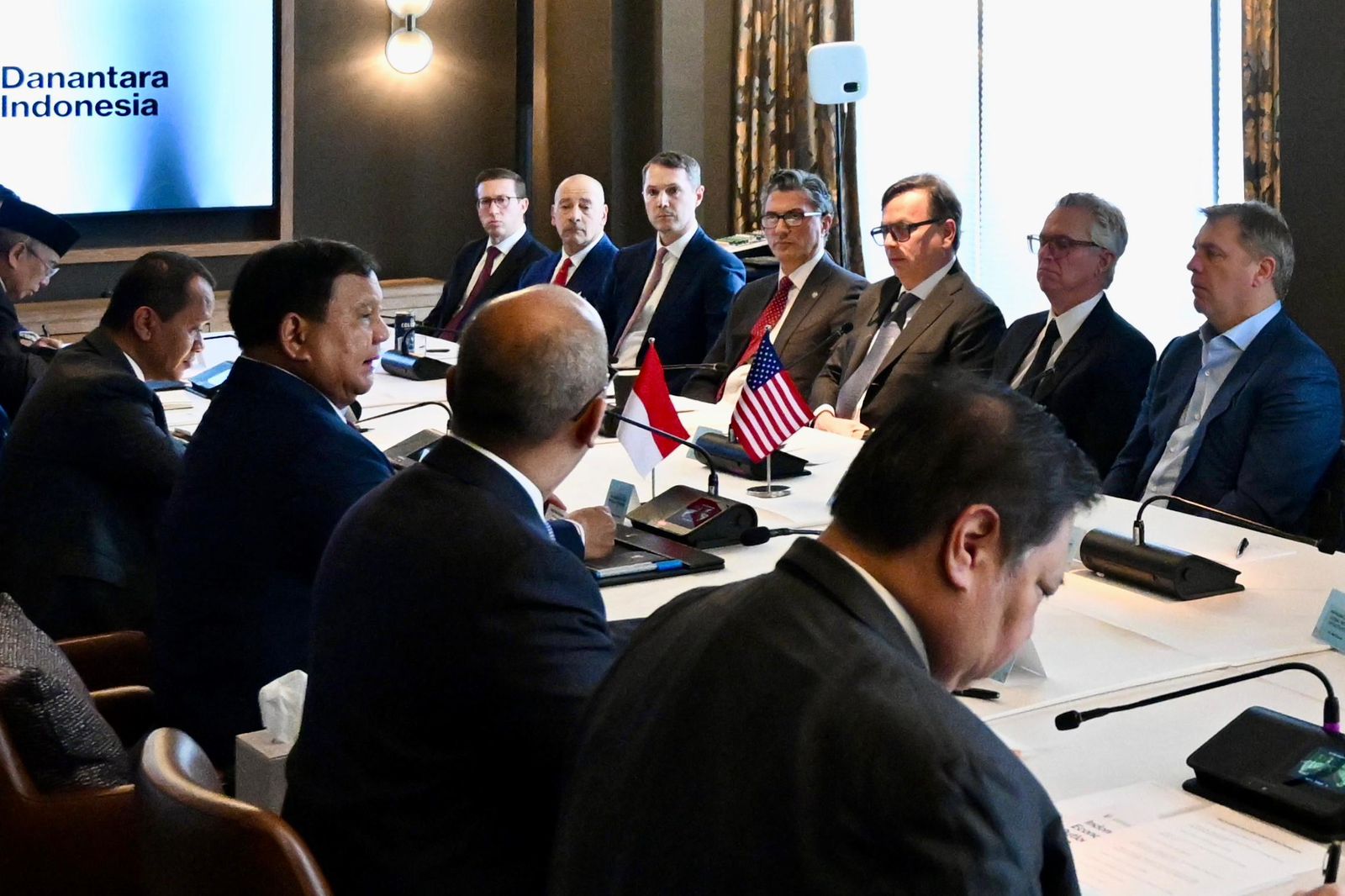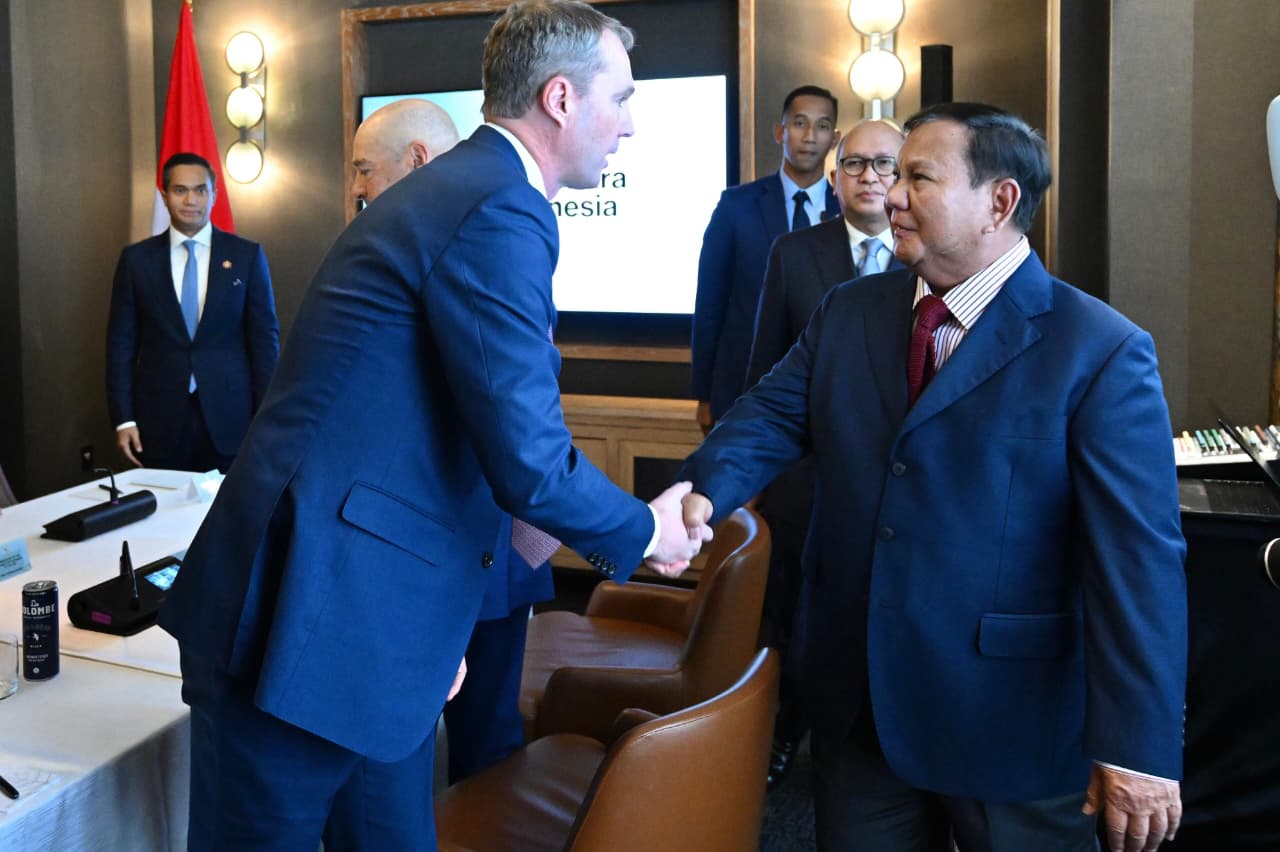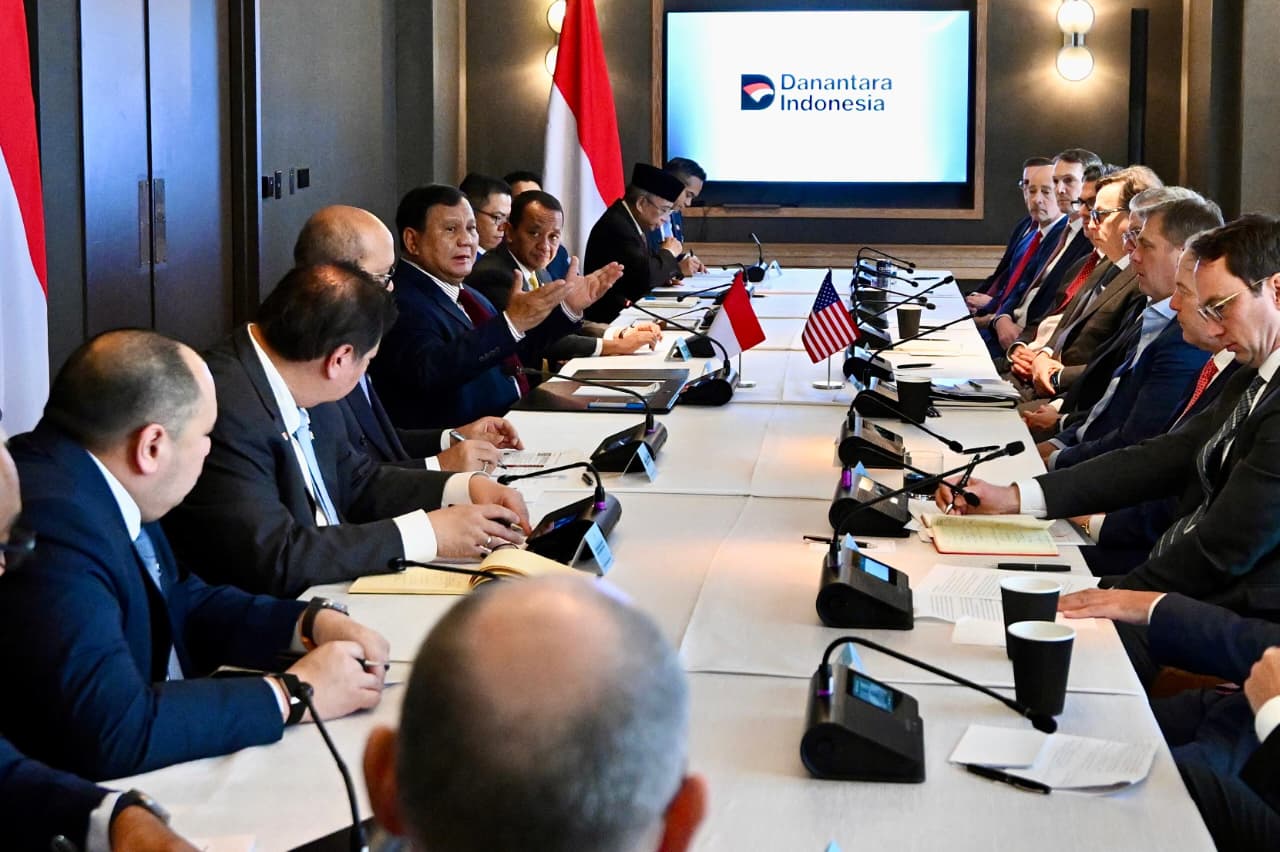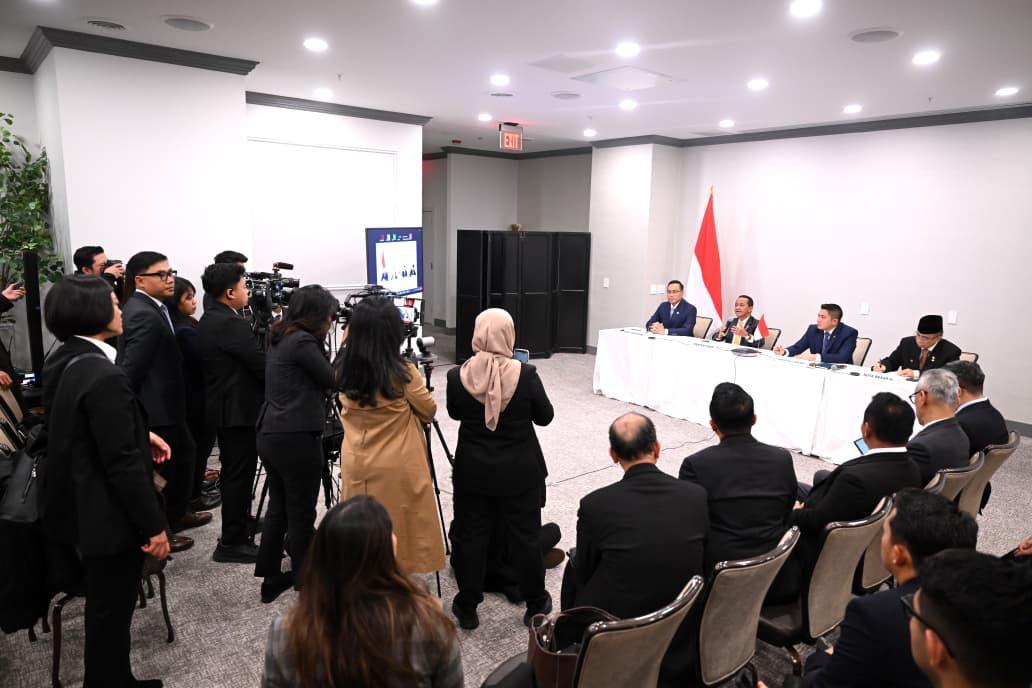Gov’t Issues Regulation on Rights of Child Victims and Witnesses
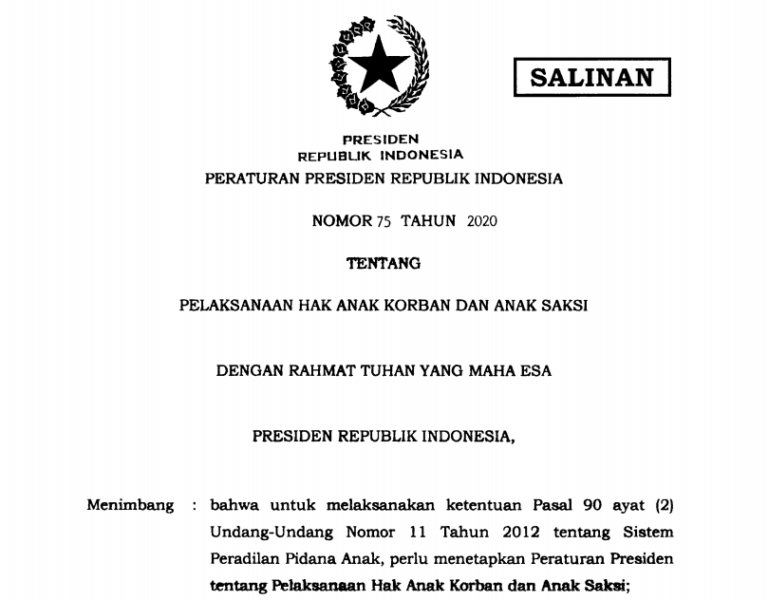
A Screenshot of Presidential Regulation Number 75 of 2020
President Joko “Jokowi” Widodo on 6 July 2020 signed Presidential Regulation (Perpres) Number 75 of 2020 on Rights of Child Victims and Child Witnesses.
The Regulation aims to implement the provisions of Article 90 paragraph (2) of Law Number 11 of 2012 on the Criminal Justice System for Children,
Child victims, according to the Regulation, are children under 18 who suffer physical, mental, and/or economic loss caused by a criminal offense, while child witnesses are children under 18 who can provide information for the purposes of investigation, prosecution, and examination in a court hearing regarding a criminal case that was heard, seen, and/or experienced by themself.
According to the Regulation, child victims and child witnesses are entitled to all protection and rights stipulated in prevailing laws and regulations. Link:
https://jdih.setkab.go.id/PUUdoc/176161/Salinan_Perpres_Nomor_75_Tahun_2020.pdf
In addition to the rights stipulated in prevailing laws and regulations, child victims and child witnesses are entitled to: a. medical rehabilitation and social rehabilitation; b. assurance of physical safety, psychological safety and social safety; and c. access for information regarding the development of a case.
The medical rehabilitation is provided on request of: a. parents, guardians or families; and/or b. investigators, social workers, or social welfare workers.
The health service facilities consist of: a. community health centers or hospitals capable of handling violence against women and children; or b. hospitals that have integrated service centers/integrated crisis centers.
“In the event that the child victim needs urgent help, investigators, without any social report from social workers, can directly refer the child victim to a hospital or institution that provides child protection services in accordance with the condition of the child victim,” Article 4 of the Regulation reads.
Article 5 Paragraph (4) of the Regulation stipulates that child victims and child witnesses, after obtaining medical rehabilitation services in health service facilities, can be given a follow-up treatment outside health care facilities in the form of community-based rehabilitation in accordance with prevailing Laws and Regulations.
The Regulation also stipulates that the social rehabilitation for child victims and child witnesses is provided based on: a. the request of parents, guardians, or families; or b. report of investigators, communities, or health workers.
The social rehabilitation of child victims and child witnesses, according to the Regulation, is implemented by social workers assisted by social welfare workers through the stages of: a. initial approach; b. disclosure and understanding of the problem; c. preparation of problem solving plan; d. problem solving; e. dissemination; f. termination; and g. further guidance.
The social rehabilitation of child victims and child witnesses, as referred to in Article 6 of the Regulation, is provided in the forms of: a. basic social rehabilitation; and/or b. follow-up social rehabilitation.
Safety assurance for child victims and child witnesses, as referred to in Article 2 paragraph (2) letter b, is provided based on the request of parents, guardians, families, or authorized officials.
The safety assurance for child victims and child witnesses is provided in the form of: a. protection of personal, family and/or property; b. protection from threats relating to the testimony; c. confidentiality of identity; d. management of new identity; e. protection in temporary accommodation; f. a new residence; g. legal advice; and/or h. support.
Article 11 of the Regulation states that if there are threats that endanger the lives of child victims and child witnesses or the potential to influence the testimony, the protection for the children is carried out by the Witness and Victim Protection Agency (LPSK) and/or the Indonesian National Police in accordance with the provisions of prevailing laws and regulations.
In the framework of safety assurance, child victims and child witnesses who are unable to attend the examination of criminal cases can provide their testimony in other ways in accordance with the provisions of prevailing Laws and Regulations.
Access for information on case developments, according to the regulation, is facilitated by the LPSK and/or other institutions according to their respective authorities.
The funding for implementing the Regulation is sourced from: a. The State Budget in the relevant ministry/agency; and / or b. Regional Budget.
Before the LPSK representatives in the regions are established, the provision of safety assurance and the ease access for information could be carried out by regional apparatus in charge of women’s empowerment and child protection in cooperation with the Indonesian National Police.
“The Presidential Regulation shall come into force as of the date of its promulgation,” Article 18 of the regulation reads. The Regulation was promulgated by Minister of Law and Human Rights Ad Interim Mohammad Mahfud MD on 6 July 2020. (EN)
Translated by: Ridwan Ibadurrohman
Reviewed by: Mia Medyana





